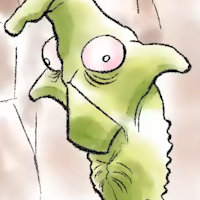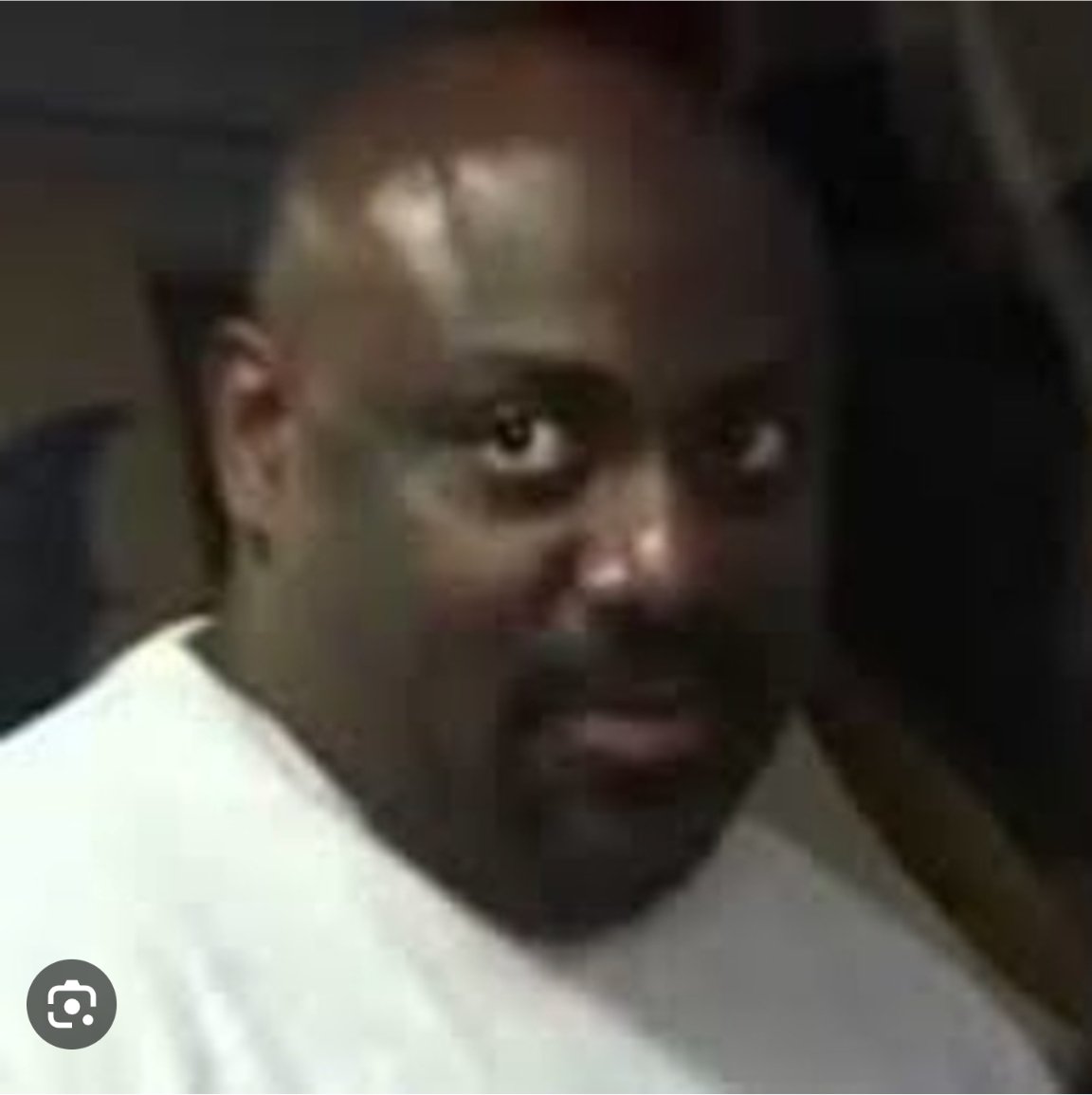Given the harmful effects of light pollution, a pair of astronomers has coined a new term to help focus efforts to combat it. Their term, as reported in a brief paper in the preprint database arXiv and a letter to the journal Science, is “noctalgia.” In general, it means “sky grief,” and it captures the collective pain we are experiencing as we continue to lose access to the night sky.
There was a NASA lady on StarTalk recently talking about how there’s something like 360,000 more satellites planned/approved to go into orbit and it’s going to completely erase the night sky. We’re at something like 7700 currently.
We are slowly turning ourselves into Krikkit.
Soon as we invented the little green piece of paper it was all downhill from there
Ehh apparently it’s 11330 as of the end of June this year.
If you have seen that StarTalk episode, do you remember what Neil DeGrasse Tyson’s response to that? He seems like good people…
What was it?
I don’t recall offhand his response but I believe it was this episode: https://startalkmedia.com/show/the-story-of-space-imaging-with-carolyn-madam-saturn-porco/
deleted by creator
It’s shocking how many lights are left on during the night in a city or a built up area. Does a big box store need to keep its logo lit all night? We’re so desperate to shut out the beauty of the planet and blind ourselves with human made ugliness.
It’s frustrating how many people have security lights aimed wrong. They’re often aimed high, wasting light to the sky, and they’re often mounted low, blinding you walking into your own home and leaving you vulnerable.
Or those backyard street lights bright enough an airplane could land with!
The sad irony is that with no around to monitor the property, these [in]security lights are often just providing light to any thieves. If you see flashlights bobbing in a yard, it’s suspicious. If you see someone walking through someone else’s yard, it might just be the owner. If you light the yard and you aren’t around to look, do the thieves make a sound?
Be nice if everyone just used infrared and/or motion detection. There’s no reason to have outdoor lights on all night.
This. I’m visually impaired and actually need a lot of light to operate normally.
At one point in my life I lived in a large building where all the hallways were operated by infrared sensors. It was honestly pretty cool to just walk around and get the light I needed without pressing any buttons.
I’ve often thought about how neat it would be if we could do same for outdoor spaces.
TBH if I’m out at night I’d much prefer it to be bright and lit up in the city. If the city is dark and quiet at night it feels more unsafe to residents.
Not saying it’s right, but it makes sense
The city can be lit and bright and keep the light pollution to a low. If only street lights were on, and these were directed towards the ground.
Additionally, you’d use a different kind of light for street lights. On the island of Hawaii, that island specifically has a light pollution law that mandates all street lights have to use an orange light bulb, and they can only be in certain places. It’s amazing because you can see so many stars in the night sky.
If city lights are gonna be on 24/7, we should start to see if we can get traction for reduced brightness and installing less light polluting lights.
It’s technically not orange light bulbs they have to use, it’s a specific lamp style called ‘low pressure sodium’
Here’s an article that explains the reasoning behind Hawaii’s lighting sources and the regulations:
https://www.accessfixtures.com/hawaii-lighting-ordinances-dark-sky-regulations/That site is claiming that phosphor-converted amber LEDs provide all the benefits of low-pressure sodium. They do not; one of the benefits of LPS is that astronomers have a very narrow frequency band to filter out, while PC amber is much wider. Monochromatic amber LEDs are more comparable to LPS.
We put a yellow bulb for our house porch light, and it doesn’t even attract bugs! It’s like a win/win.
My gf says the same about our hood. I like it dark as it is. We spend a lot of time walking at night, and I don’t feel it’s any less safe.
If you’re on the street in the dark, your eyes adjust so you can also see into the shadows. If it’s lit up, you can only see what’s in the light.
I’m actually a bit nervous under the bright lights! Having said that, I’m a man and don’t have the same concerns as a woman (in the dark).
On top of that, I almost always carry a pistol with tritium sights or a light. So maybe that’s another reason I’m a bit more confident in the dark?
On top of that, I almost always carry a pistol with tritium sights or a light. So maybe that’s another reason I’m a bit more confident in the dark?
Yeah, carrying a gun everywhere might have something to do with why you feel comfortable and other people don’t.
Meh, a gun is a rock-bottom, last resort thing. It’s not something where a sane person thinks, “I’m armed so I have nothing to fear.”
Hard to explain to someone that doesn’t carry, but it makes one hyper-aware of their situation, because it’s a trump card you don’t want to play. Makes you more likely to avoid risk, if that makes sense.
I’m actually a bit nervous under the bright lights!
Yeah, because everything outside the light cone will be pitch black to you. I think that’s another benefit of those old orange lights. They don’t cause your eyes to adjust, so you can still see well how the surroundings look like.
I walk in the woods behind the neighborhood at night. Without a flashlight, I can see the sandy trail and be aware. With a light, all I can see is what’s right in front of me.
Or the big advertisement screens. I get the need for street lights but they also don’t have to be the most brightest super white LEDs that exist either. Nowadays I literally can’t even tell whether it is cloudy or not, because the sky is just this mushy grey noise. And the sad thing is that I still remember the night sky from a couple decades ago when cities weren’t quite as bright. Now you can be lucky to see the little dim flickering of the brightest odd stars every now and then.
the sky is just this mushy grey noise
You might even say it’s the colour of television, tuned to a dead channel
As someone currently living across the road from a strip mall with a dozen various businesses…NO YOU DO NOT NEED TO KEEP THE LIGHTS ON 24/7
Reminds me of how we sometimes export light pollution. When I first got to Afghanistan I thought I would be able to see the stars being in the middle of a desert. That idea was quickly made harder to accomplish by the massive light pollution coming from camp leatherneck which, along with the moon dust perpetually floating mid air, killed any chance to see the stars clearly for miles around. Base turned a patch of desert into a sprawling light factory in just a few years.
I feel this.
Srsly, a few weeks ago, I though to take walk at 2 AM, and TF. The sky was literally bright as it was 6PM. Ruined the entire feel for me.
Going to see a decent patch of sky basically requires a vacation to go somewhere else.
I live in the darkest part of my town. When my porch light burned out, I decided to not replace it because sometimes I can see stars at night.
Why is every other website being bought by future inc and using that same layout
Try in a small town. Seriously, tho villages are better. Go in the backroads, you’ll have plenty of sky and stars to get lost in.
You’d be surprised how much “bleeding” there is. You also can’t scope in certain directions because of even really far off cities. You’re often forced into a specific cone.
Perfection is the enemy of “good-enough and be able to experience in this lifetime”
Only in the most remote deserts, wilderness areas and oceans can you find a sky as dark as our ancestors knew them.
deleted by creator
I think it’s quite nihilistic to just accept that there’s no going back to a better night sky as if too many lights being kept on a night is an insurmountable problem.
deleted by creator
The article is about how there’s less of it over time. Areas that were once nice (ex. Great views over the water or over a nice field) no longer work because of nearby light pollution.
There are few places left on Earth to see an unpolluted night sky. Definitely nowhere near civilization. On top of that, light pollution still drowns out dimmer objects permanently. We are blinding ourselves globally. To our ancestors the sky was a living light show. Its no mystery why they thought gods lived there.
In densely populated areas you have to move quite far out to find such places. Like, check a light pollution map and then scroll into central Europe, like around the Netherlands and western Germany. It’s all just a big red blob.
In my parents farm the night sky is perfectly visible. They live far from any town and there are no lights you can’t just turn off so sometimes I just look at the sky when I’m visiting.
Plenty of places like this still in my country thankfully.
I’ve always lived in cities and didn’t see the milky way until I was in my 30s.
Anyhow, I took my kid camping last weekend and she couldn’t believe how many stars there were. We were both enjoying it but then the string of SpaceX satellites went by and kind of ruined the moment
I laughed at that last part. I am sorry that happened to you but it is pretty funny.
deleted by creator
Elon ruins everything he touches
We were just up in the mountains last weekend, it was by far the best stargazing I have ever experienced in my 40 years. I could see the Andromeda galaxy with the naked eye.
Anyway, I counted over 15 satellites during the 2 hours we were outside, as well as 2 very bright meteors. Plus we saw the international space station and an iridium flare.
deleted by creator
deleted by creator
What a simple, great word to describe it.
Lived in the city for a few years before moving back to my rural hometown. The night sky without any light pollution was definitely an underrated thing I didn’t realize I missed.
The part that wasn’t in the title:
astronomers have invented a new term to describe the pain associated with this loss: “noctalgia,” meaning “sky grief.”
This feels like it comes from the Dictionary of Obscure Sorrows. It’d fit well
Only in the most remote deserts, wilderness areas and oceans can you find a sky as dark as our ancestors knew them.
It varies depending on what country your in, but I don’t think people realize how little of a percentage densly populated areas make up of the world. If you’re in the US unless you’re in a place like NY City a 20-45 min drive can get you to a place zero light minus occasional blinks from cell towers/planes/sattalites - and there will also probably be public land there you can go on for free.
And hey, look, the fact stuff like sattalites are interfering with observing the sky isn’t great, but if that sattalite is used for powering agricultural equipment and gathering agricultural data that keeps a billion people from starving to death I’d say that’s a worthy trade off.
Like a life saving drug with side effects, there’s always trade offs as technology and society advance. And mitigating side effects when possible are great, but I thinks it’s important we don’t act like the side effects are occurring in a vacuum, and I would rather live now than in the past without the tech we have now.
if that sattalite is used for powering agricultural equipment and gathering agricultural data that keeps a billion people from starving to death I’d say that’s a worthy trade off.
Those are not the satellites that are the problem. It’s Starlink and other LEO satellites.
















